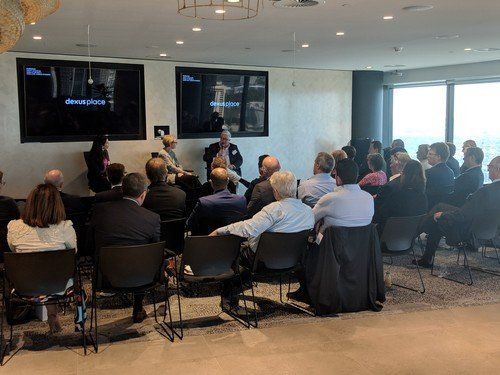News
Board Directors Of Tomorrow

The importance of being realistic when approaching opportunities was a key theme of the morning. Advice from our speakers including:
- Be realistic about how long it will take to become a NED, very competitive space;
- Have a ‘narrative’ prepared (your contributions to a board) when you get the opportunity to network with people who may be able to assist you on your journey;
- Dismiss the Lifestyle myth - NOT A PART TIME ROLE- once you have signed up you are committed and can’t just walk away if you find you have a dysfunctional board – ensure you have done your due diligence;
- Be practical - think carefully about your NED portfolio – you need the right number of roles in order to balance your time accordingly e.g. the average board meets about 10 times per annum for around 3 to 4 hours each time.
- Diversify – don’t be afraid to become a NED while still in your executive role as you can cross-pollinate your learnings.
The need to carry out due diligence was also an important part of the mornings' discussion with our speakers sharing some of their key considerations when contemplating a board opportunity;
- Am I passionate and or interested in the organisation/sector?
- Are these people I would choose to work with? (You need to have a good working relationship as you are not working day-to-day together, only meeting once or twice a month.)
- Who are the senior executive team?
- Who is the Chair, as they will set the tone and culture of the board?
- Is this a disciplined board – what is the composition?
- What are the culture/values of the business?
- What is the companies risk profile?
- Heed any warnings you are given – seek further information and test assumptions.
- How clear is the company's strategy and where is it on its strategic path?
- Is there a controlling shareholder? What are the dynamics of the relationship between the directors nominated by the controlling shareholder and the other directors?
- What value does the company think it is getting from your appointment?
- Importance of Indemnity Insurance;
- Reflect on what ‘conflicts of interest’ may arise from taking this board role.
Finally, the importance of being able to say ‘no’ if the opportunity is not ticking all your boxes.

Share this Article
Recent Articles






